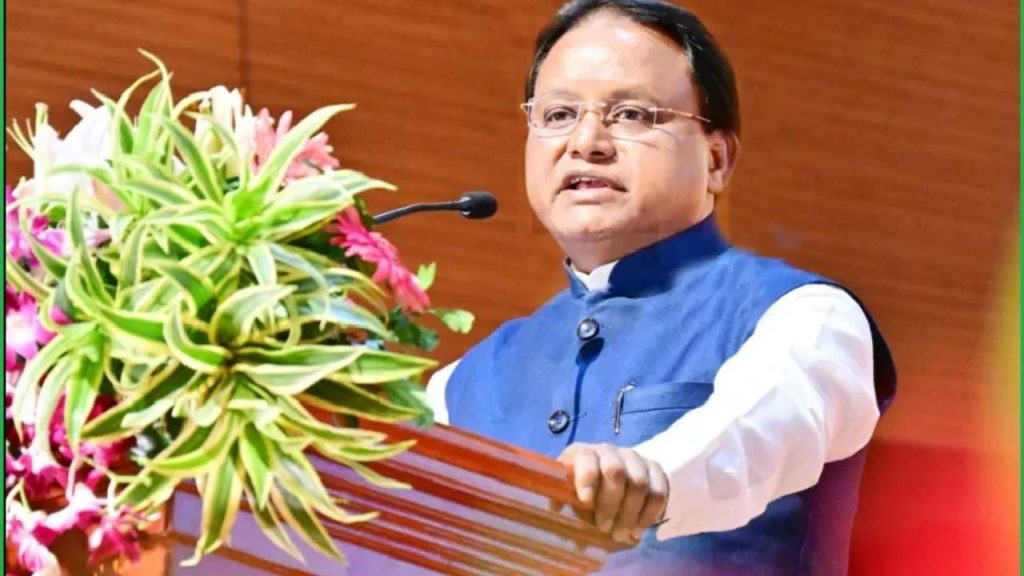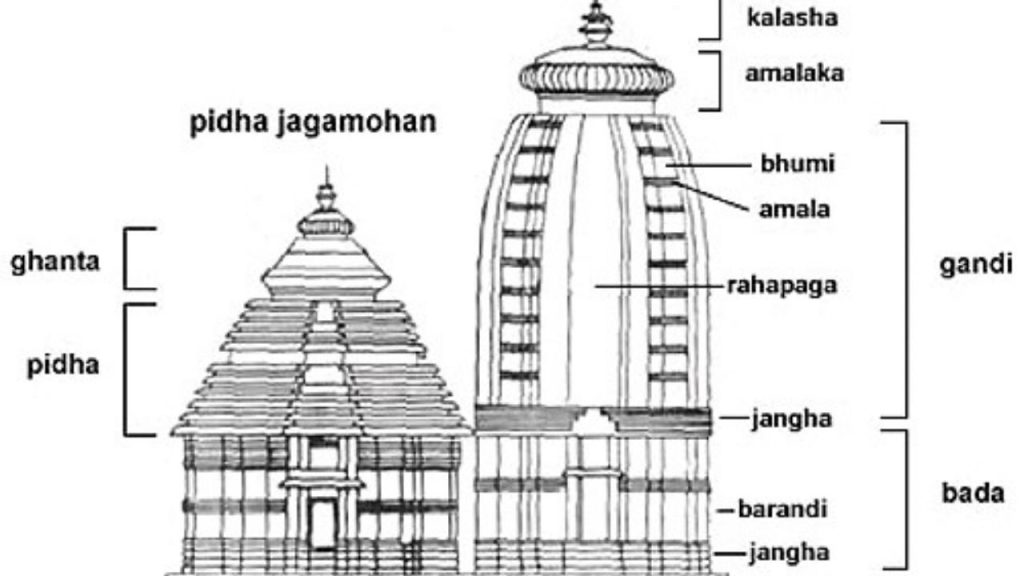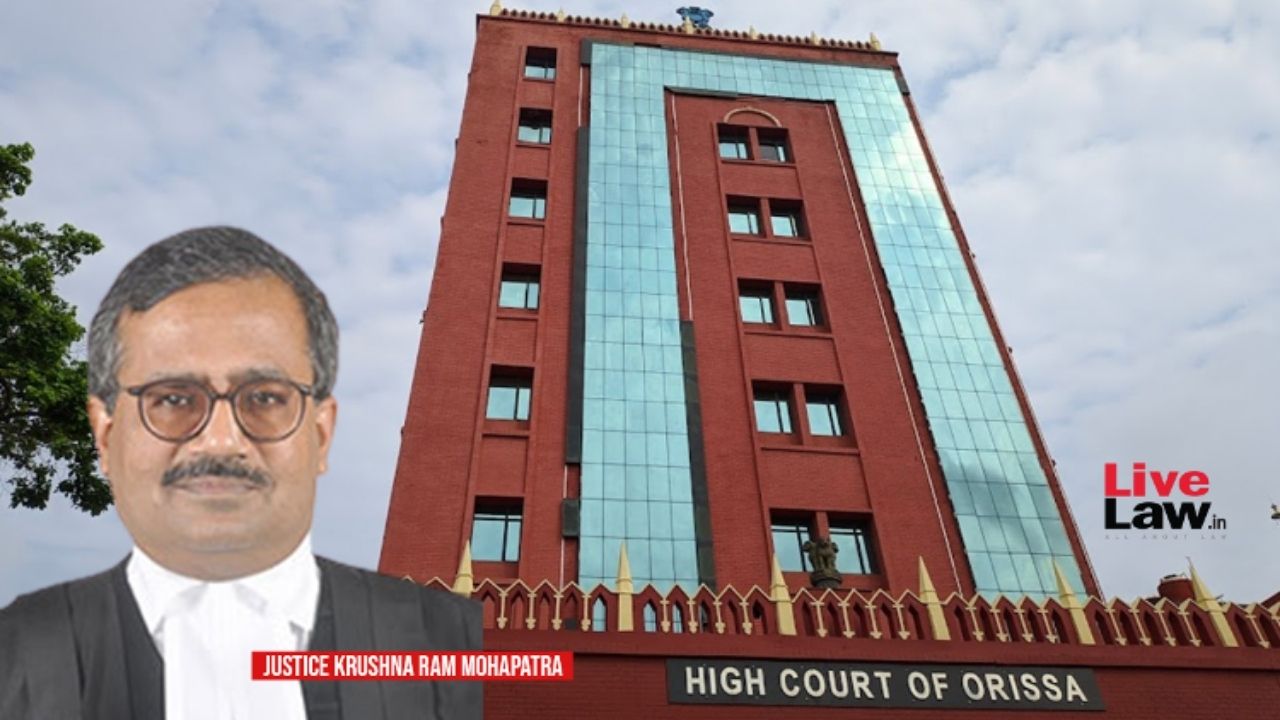BHUBANESWAR – Odisha’s new Chief Minister, Mohan Charan Majhi, has asserted that his government’s initial decisions—including opening all four gates of the Jagannath Temple and approving a significant hike in the minimum support price for paddy—are actions the previous administration under Naveen Patnaik failed to take in its 24-year tenure. These swift moves aim to deliver on key electoral promises made by the Bharatiya Janata Party (BJP).

Swift Policy Implementation Marks New Era
In its first cabinet meeting, the new Odisha government took decisive action on two high-profile issues that were central to its election campaign. The government ordered the reopening of all four gates of the revered Jagannath Temple in Puri, a decision aimed at easing access for the thousands of devotees who visit daily. According to a report from the Press Trust of India (PTI), devotees had long demanded this, citing inconvenience caused by the closure of three gates by the previous government.
The cabinet also approved a proposal to increase the Minimum Support Price (MSP) for paddy to ₹3,100 per quintal. “The previous government was not taking any decision on the issue,” Mr. Majhi stated in a press conference following the meeting. Fulfilling this BJP manifesto promise directly addresses a core demand of the state’s large farming community. A committee will be formed shortly to determine the process and timeline for implementing the new MSP.
A Direct Contrast with the BJD’s Governance
Chief Minister CM Mohan Majhi has framed these actions as a clear departure from the governance style of the Biju Janata Dal (BJD), which ruled Odisha for over two decades. He emphasized that his government is one of the people and is committed to immediate action on public welfare issues. “We had promised to open all the gates of the Jagannath temple in our election manifesto. The cabinet has approved the proposal,” Majhi announced, positioning the decision as a fulfillment of a promise to honour Odia identity and religious sentiment.

Another key pledge from the BJP manifesto, the Subhadra Yojana, was also approved. Under this scheme, the government will provide a cash voucher of ₹50,000 to every eligible woman, with guidelines for implementation expected within 100 days. This move targets women voters, a demographic that was a strong support base for the previous Naveen Patnaik government.$$VIDEO EMBED PLACEHOLDER: URL: \[Link to a video clip from a verified news source like ANI or NDTV showing CM Mohan Majhi’s press conference] CAPTION: “Watch: Odisha Chief Minister Mohan Charan Majhi announces the decisions of his first cabinet meeting on June 12, 2024.”$$
Odisha Teams Up with TCS to Launch IFMS 3.0; A Giant Leap Toward Digital Governance
Odisha and Chhattisgarh Finally Talk Peace Over Mahanadi; But Will It Hold?
Political Context and Future Challenges
The BJP’s decisive victory in the 2024 assembly elections marked a historic political shift in Odisha, ending Naveen Patnaik’s 24-year tenure, one of the longest for any chief minister in India. The new government’s focus on rapidly implementing its manifesto promises is seen by analysts as a strategy to consolidate its support and demonstrate a more dynamic approach to governance.
While these initial announcements have been received positively by supporters, the opposition BJD has urged caution. A senior BJD leader, speaking to local media on condition of anonymity, stated that “making announcements is easy, but the real test lies in the fiscal management and on-ground implementation of such large-scale schemes.” The financial implications of the enhanced paddy MSP and the Subhadra Yojana will be a significant challenge for the state budget, a point the opposition is likely to emphasize in the coming weeks.

The CM Mohan Majhi-led government has started its term with a series of popular decisions aimed at fulfilling its electoral mandate. These moves signal a significant change in policy and priorities for the Odisha government. How the government navigates the financial and logistical challenges of these schemes, and how the BJD adapts to its new role as the primary opposition, will define the political landscape of the state moving forward.




